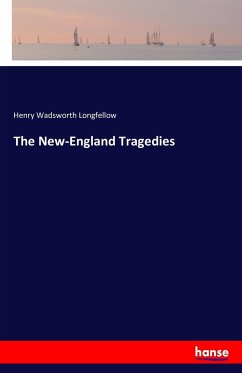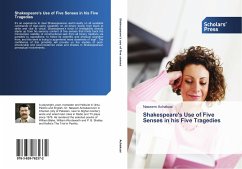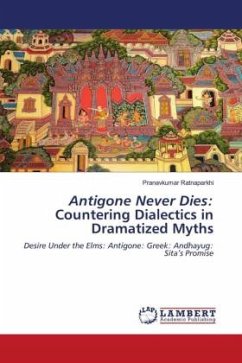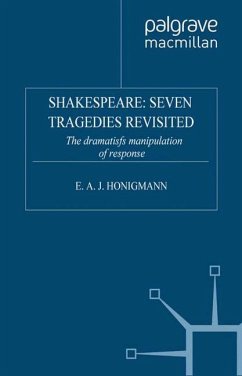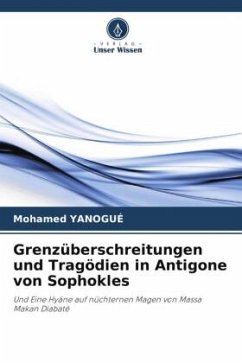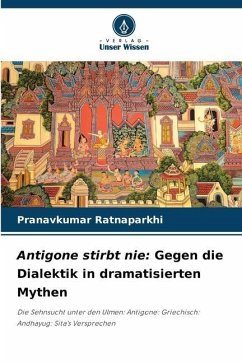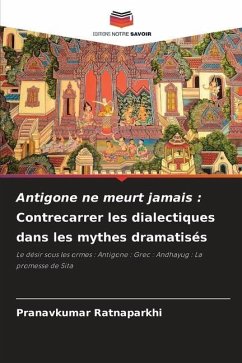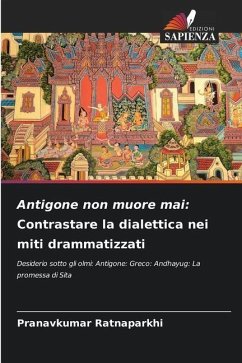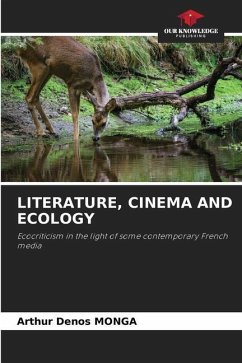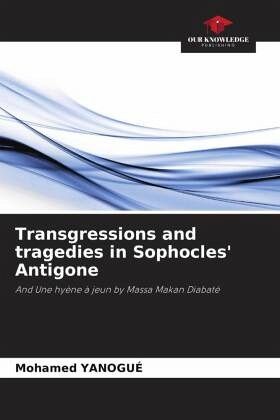
Transgressions and tragedies in Sophocles' Antigone
And Une hyène à jeun by Massa Makan Diabaté
Versandkostenfrei!
Versandfertig in 6-10 Tagen
40,99 €
inkl. MwSt.

PAYBACK Punkte
20 °P sammeln!
Comparative literature and mythocriticism are used to bring Greek tragedy closer to Malian theater. The analysis of Antigone and Une hyène à jeun focuses on the significance of transgressions between the individual and authority. Each play presents two royal tragedies: that of Thebes, embodied by the Labdacides, and that of Wassoulou, embodied by the Tourés. In their dramatic progression, we discover the confrontation between tragic characters whose family relationships lead them to commit deviant acts against each other. Hence the transgressive, defiant or treacherous character. The latter...
Comparative literature and mythocriticism are used to bring Greek tragedy closer to Malian theater. The analysis of Antigone and Une hyène à jeun focuses on the significance of transgressions between the individual and authority. Each play presents two royal tragedies: that of Thebes, embodied by the Labdacides, and that of Wassoulou, embodied by the Tourés. In their dramatic progression, we discover the confrontation between tragic characters whose family relationships lead them to commit deviant acts against each other. Hence the transgressive, defiant or treacherous character. The latter has to contend with the justice system, which is charged with punishing him. So, whether guilty or victim, vigilante or executioner, the tragic hero is dominated by hybris, the inordinate pride that always leads him from transgression to death. The tragedies of Sophocles and Massa Makan Diabaté end in a clash of individualities, with the opposition between the sense of duty and the love of power. These mythical figures of resistance and authoritarianism are chained together in a conflict that ends in tragedy.



